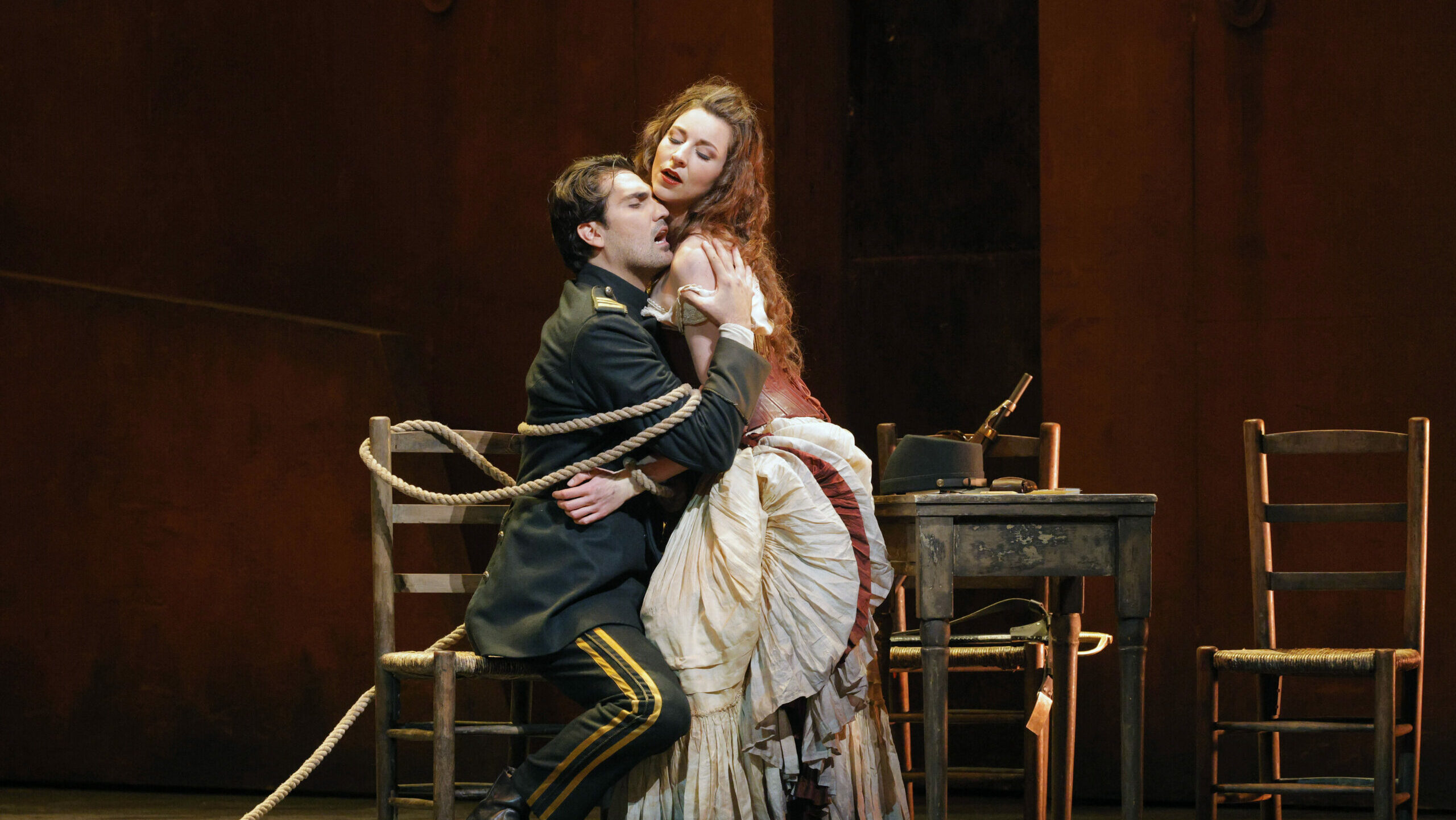

In some ways, Sunday offered the higher profile of the two, albeit smaller in scale. Over at the cozy Conservatoire Darius Milhaud, the Lithuanian soprano Asmik Grigorian was making her Aix debut with a sold-out recital featuring Tchaikovsky and Rachmaninov songs, alongside pianist Lukas Geniušas, who also provided musical interludes by both composers.
The event, though intimate, caused considerable buzz. While still unknown to many Americans—she’ll finally make her Met debut as Butterfly next season—Grigorian is a bonafide Starina across Europe, where she dominates Bayreuth, Covent Garden, Salzburg, and the Komische Oper. Her voice is something unique to behold: Alternating between adamantine toughness and lyrical sweetness, it’s both vast and gentle, brassy and poetic. (It’s also maybe a touch too big for the venue it received in Aix.)
But it’s her fearlessness as a stage animal, and her unmistakable camp mystique, that intoxicates the gays. The daughter of beloved tenor Gegham Grigorian and soprano Irena Milkeviciute, Grigorian has the showbiz bloodline but the eccentric tenacity of someone still finding her place. Toss in a kewpie face and some curls, and you’ve got both Barrie Kosky’s Tatiana of choice and Romeo Castellucci’s “ideal” Salome. She looks a bit like Helena Bonham Carter. One of her favorite roles has been Mrs. Lovett in Sweeney Todd at Vilnius City Opera. Profile her for the Times, and she’ll demolish an entire coupe glass of ice cream.
Yes, Grigorian evinced all this on the recital stage, and more. Appearing behind her music stand as a disco ball/reflective armadillo/cocktail Valkyrie in a shin-length silver and black cocktail dress made of mirrors and futuristic metallic strap fantasy heels, she devoted the first half of the recital to six Romances by Tchaikovsky. These pieces spanned different genres and styles, from Russian folk melodies to romantic ballads to Glinka-inspired “chansons citadines.” Prevailing mood: sorrowful.
Grigorian summoned pathos and insight for each song, layering wistfulness for the nostalgic waltz “Au milieu d’un bal bruyant” and matching inner tranquility with a sly smile in “Je vous bénis, forêts.” For the plaintive “De nouveau seul, comme avant,” written shortly before the composer’s death, she unearthed the obsessive quality of the aria’s three-note repetitions, which she then sustained for effect. Her collaborator ended the set with two Tchaikovsky miniatures, the Chopin-inspired f-minor Romance and the back-breaking Scherzo humoristique.
Overpowering the auditorium, Grigorian’s is a soprano capable of scaling the works of Wagner, with enormous overtones, particularly at the stronger summit of her range, that are bell-like and can skew metallic. But Grigorian can also slim it down to a whisper—an aptitude for shading and contrast that she lavished on the works of Rachmaninov in the second half of the program. Presenting 11 of his Romances, the selection was a nod to Dissonance, Grigorian’s 2022 recording with Geniušas, and it aptly demonstrated the composer’s evolution from his early works—yes, the popular “Dans le silence de la nuit secrète” was in there, as was the always exciting “Eaux printanières”—to later gems like “Dissonance,” which, with its caustic countermelody, elicited some of the singer’s best theatrics.
Geniušas—himself the son of a well-known Lithuanian musician, Petras Geniušas—breathed fire into two Rachmaninov preludes, the virtuosic Prelude 13 (Op. 32) a particular standout, its final chords crashing like a demolition in progress. As the final notes of the recital dissipated into silence, applause erupted, a well-earned ovation that celebrated the artistry of these two exceptional performers.
Less successful this weekend was the offering intended for a larger audience. At the height of a heatwave rolling through Aix on Saturday evening, spectators were bussed from the town center about 30 minutes west to the Stadium de Vitrolles—a Brutalist, airtight, infernal, concrete monstrosity, cynically conceived in the 1990s by architect Rudy Ricciotti for the town’s handball club, abandoned two years later when the team went bankrupt, then revived as an oppressive semi-usable concert space. Festival regulars know to avoid the venue at all costs. The rest of us roasted, steamed, squirmed, and suffocated through a dismal outing of Stravinsky’s three Ballets Russes, conducted by Klaus Mäkelä and his Orchestra de Paris.
The three-hour affair was a jumble of sightlines. As the orchestra dispatched each ballet score from the grounds of the stadium, overhead was a giant screen transmitting three art films meant to go with the respective pieces. The scores were played chronologically, as commissioned by Diaghilev, with The Firebird first (1910), followed by Petrushka (1911), and The Rite of Spring last (1913). The audience could look up for an eyeful of celluloid. Or they could take a gander at the musical carnage unfolding down in the pit.
At just 27, Finnish conductor Klaus Mäkelä is on an impressive ascent, leading the Oslo Philharmonic and Orchestre de Paris while eagerly preparing to take over the reins at the esteemed Concertgebouw. He’s also aesthetically hot. Cheekboned and chiseled, he brings an elegance to the podium that has caught the eye of impresarios, label execs, and at least one virtuoso pianist. Decca released his full cycle of the Sibelius symphonies with the Oslo Philharmonic in 2022, following it up this year with his take on Firebird and Rite of Spring with the Orchestra de Paris.
He seems to have it all. And yet the American critics haven’t been kind. Whether slamming his Sibelius in The New Yorker or taking to YouTube to torpedo his new Stravinsky recording, the general consensus is that the handsome upstart is tackling too much, too soon, and making rookie mistakes that ultimately deface the classics.
Unfortunately, Saturday’s production in Provence did little to salvage his reputation. The Orchestra de Paris has always been a minor ensemble, but much as on the recording, these were astonishingly lackluster performances, with The Firebird sounding hazy when it should’ve been crisply precise and Kashchei’s blistering Infernal Dance lacking the necessary spark. Petrushka, which Mäkelä says holds special significance for him, should be a rivetingly gestural score, an entire carnival come to life; Mäkelä’s reading was stiff and textureless. Rite of Spring’s vernal ritual, played with such mechanical friction, was the orgy no one brought lube to.
With all this going on, one wished the onscreen imagery could do something to salvage the sound. But even these ranged from uninteresting, to puerile, to downright offensive. French director Rebecca Zlotowskiy’s cinematic vision for The Firebird was in fact just a silent recut of her earlier box office bomb, the 2016 Natalie Portman vehicle Planetarium, offering not a whole lot more than closeups of Portman and Lily-Rose Depp (though my god were they beautiful in that movie!). French experimental filmmaker Bertrand Mandico’s Petrushka film used diptychs and grotesque makeup to show… who really knows? How spider-legged runway models could be treated like S&M doll-puppets in intergalactic laboratories, or something? It was all very feminist, whatever it was. Lots of breasts and other body parts being prodded.
Then there was Greek artist Evangelia Kranioti’s visual explorations for Rite of Spring, which involved some ethnographic B-roll assemblage of Amazon tribesmen and women juxtaposed against city scenes of their descendants/relatives (unclear?) smoking crystal along the highway. Add a dash of environmentalism, a few ice sheets melting, with a light dusting of anti-trans violence, and you’ve got yourself a perfectly C-grade senior thesis project. Not sure this is the primitivism Stravinsky had in mind?
And that’s how the evening went. Just when your eyes tired of the indigenous drug addicts puffing away to Stravinsky’s climactic Sacrificial Dance, you’d look down for a break and catch Mäkelä soullessly thwacking his baton. At intermission before the third act, a disgruntled spectator could be observed angrily shaking his program at a ticket-taker. “What do I think of all this?” he exploded. “This is the tackiest affront to Stravinsky I’ve ever seen.”
He’d have to wait another day for Russia to be rescued by a pair of talented Lithuanians.


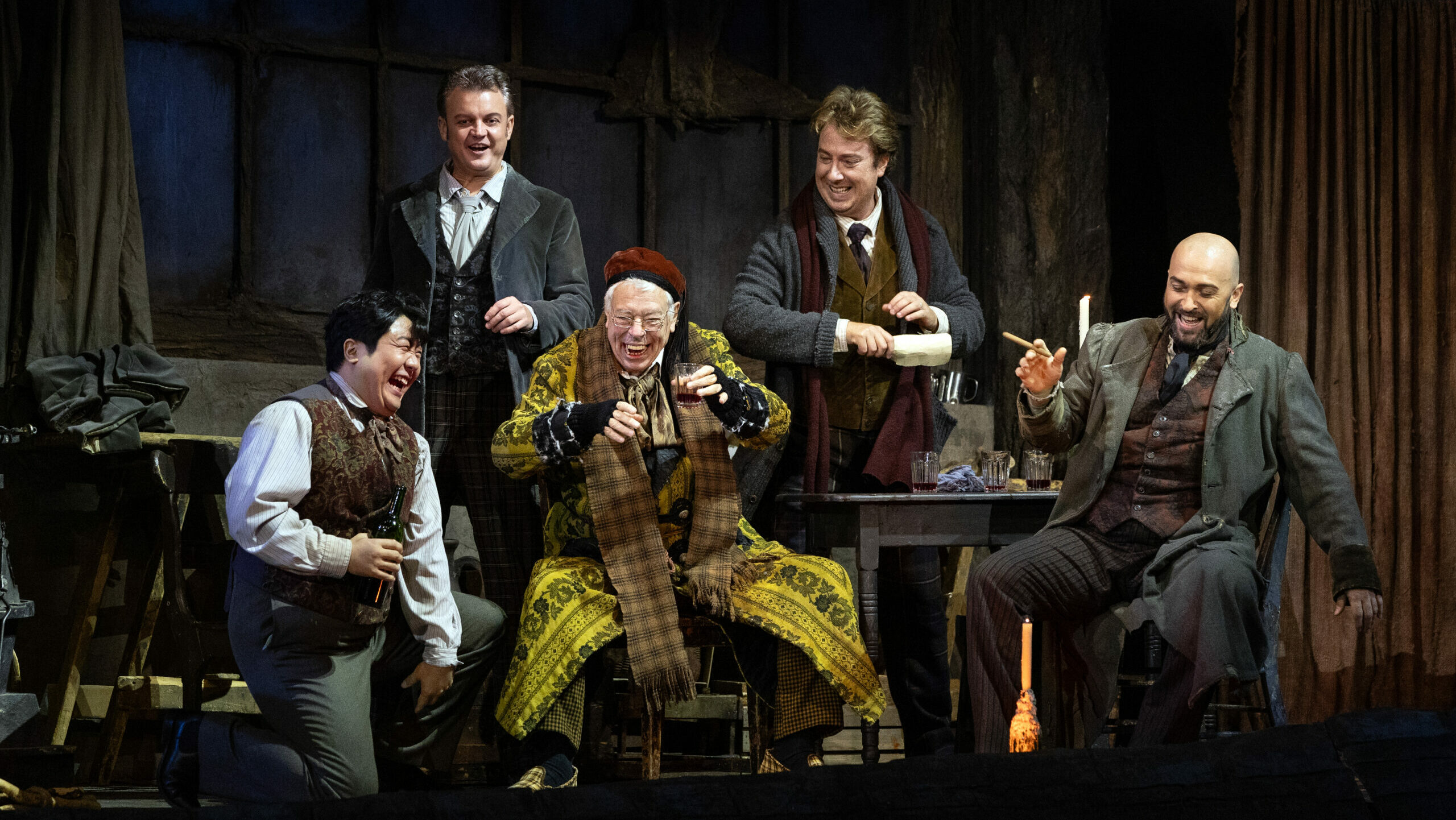
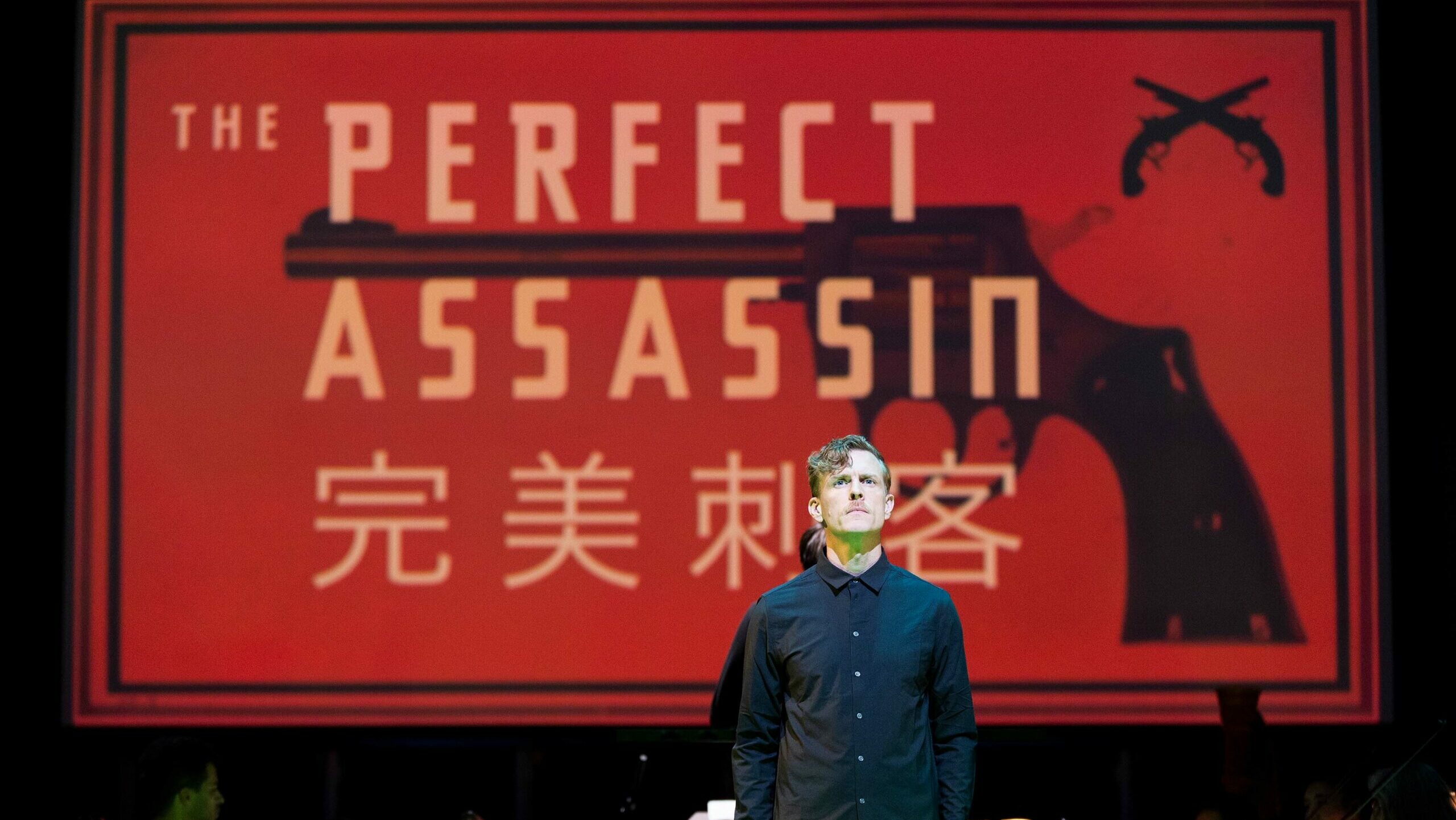
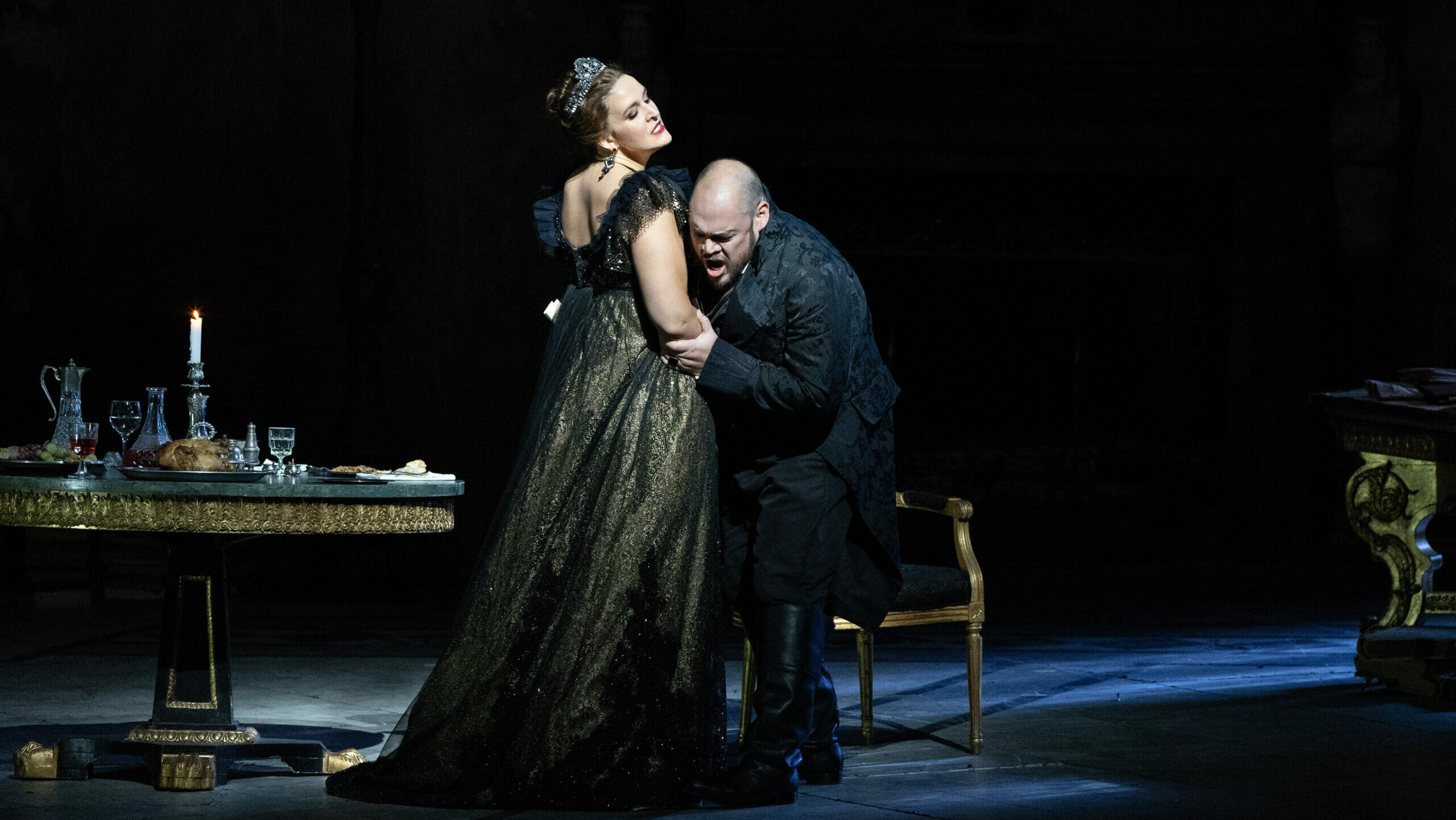

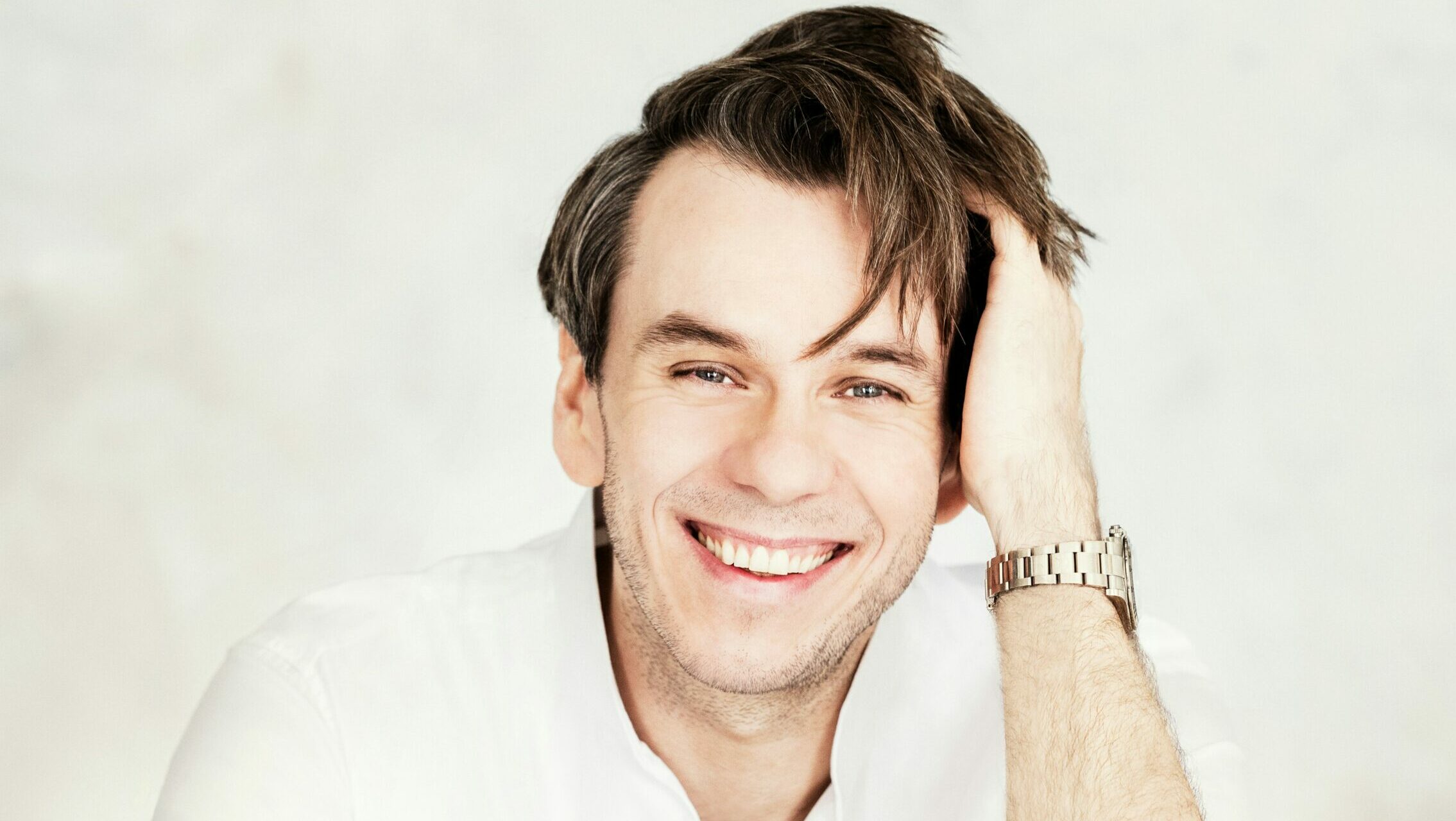
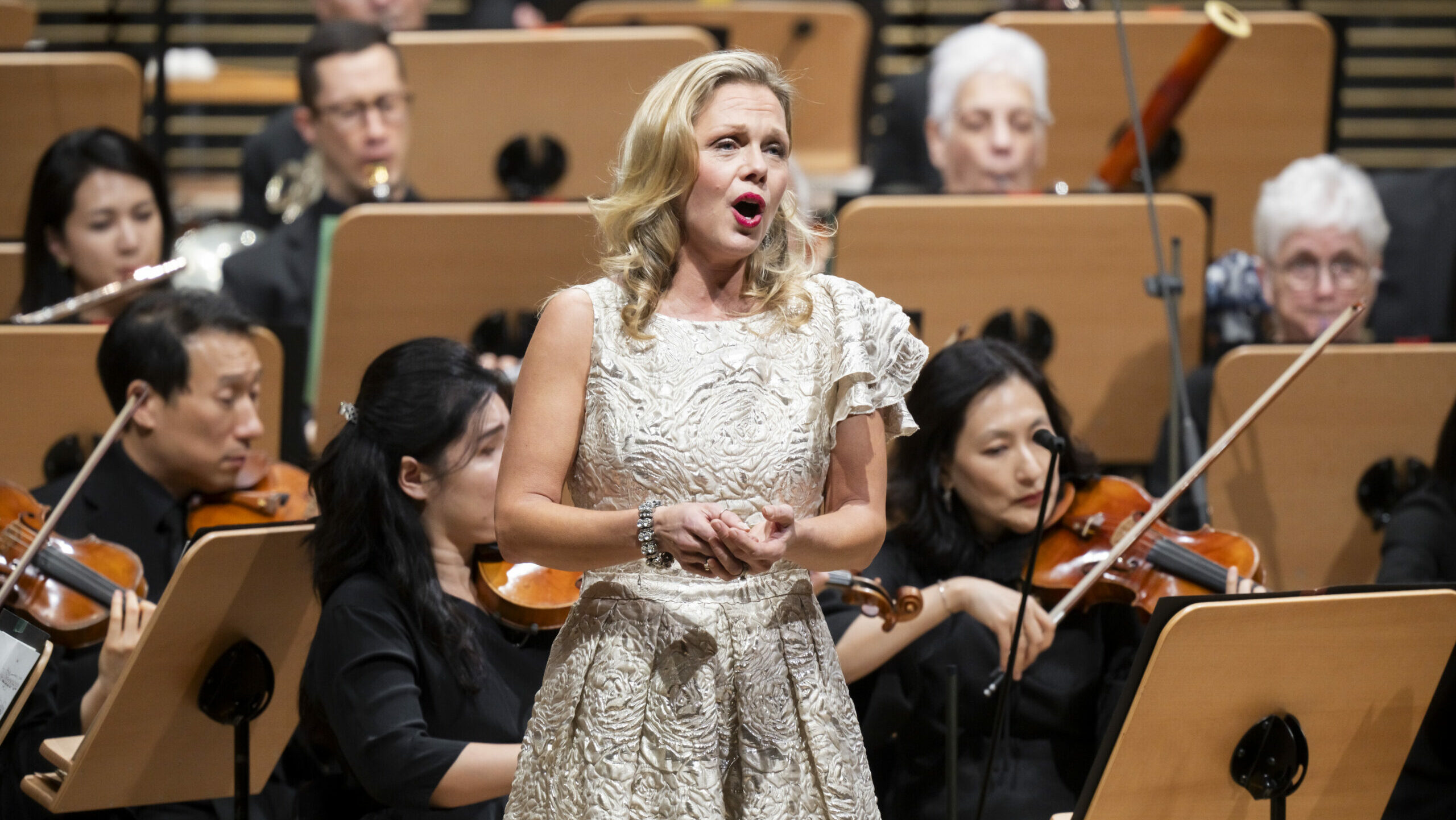
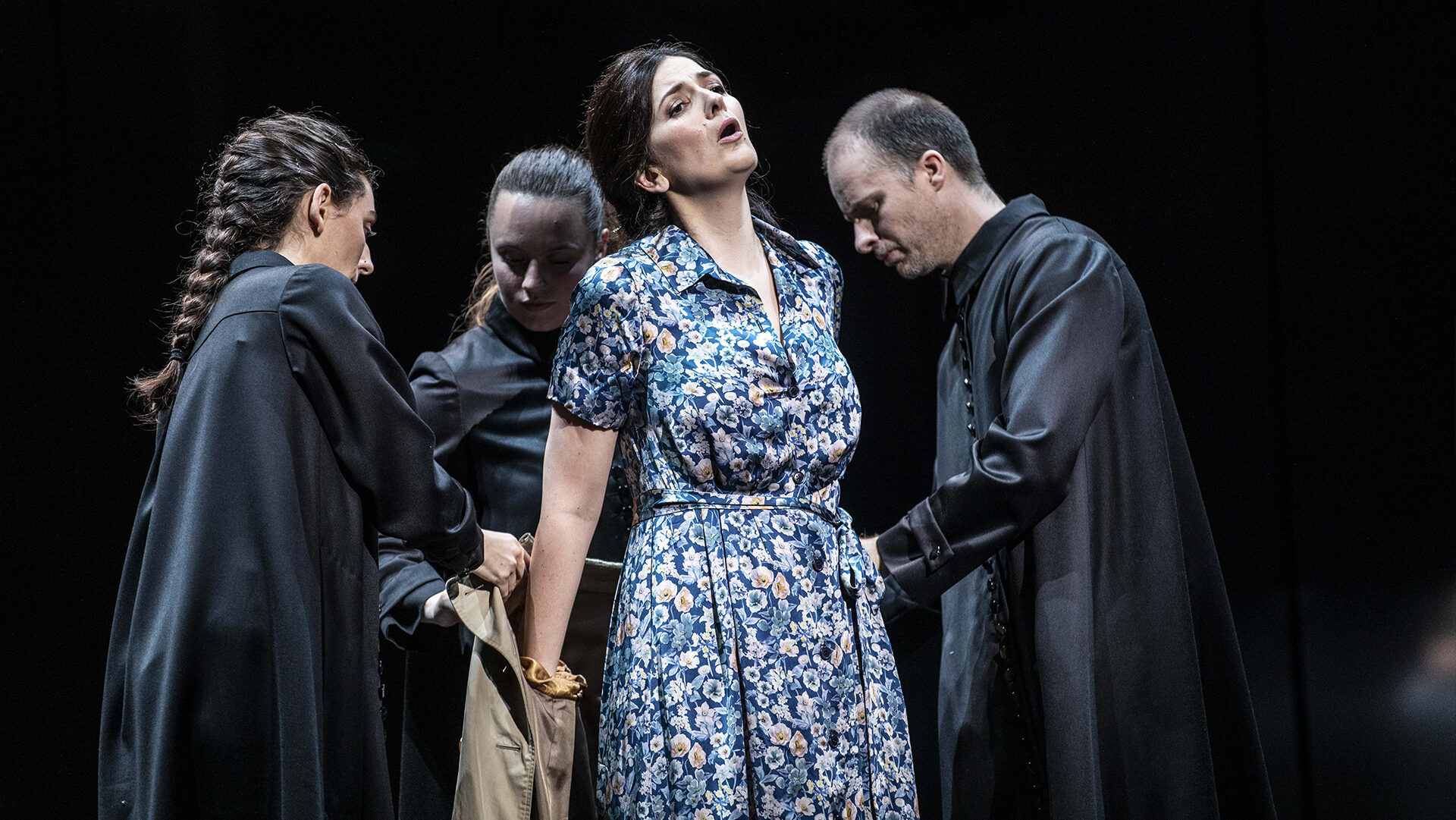
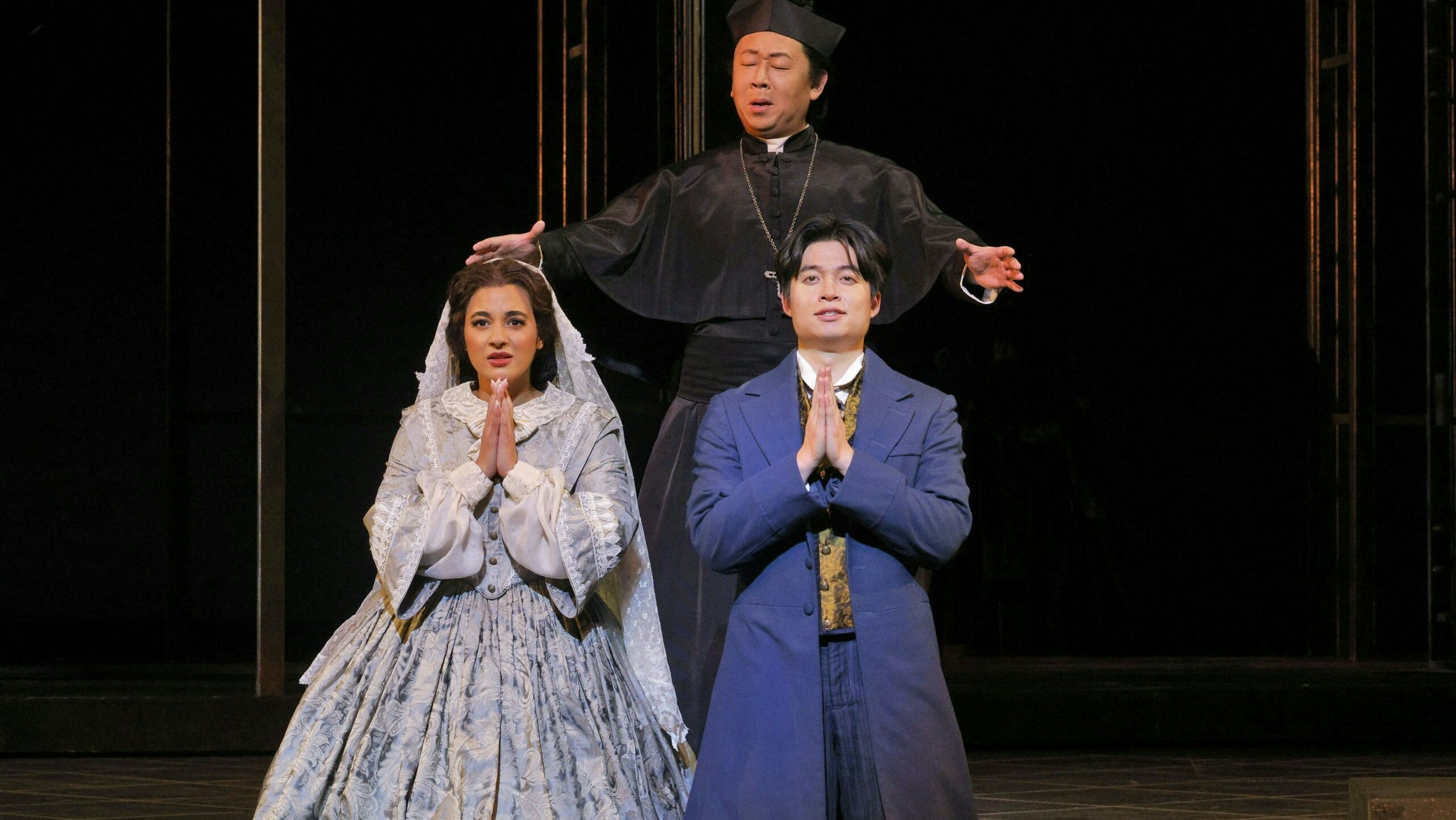
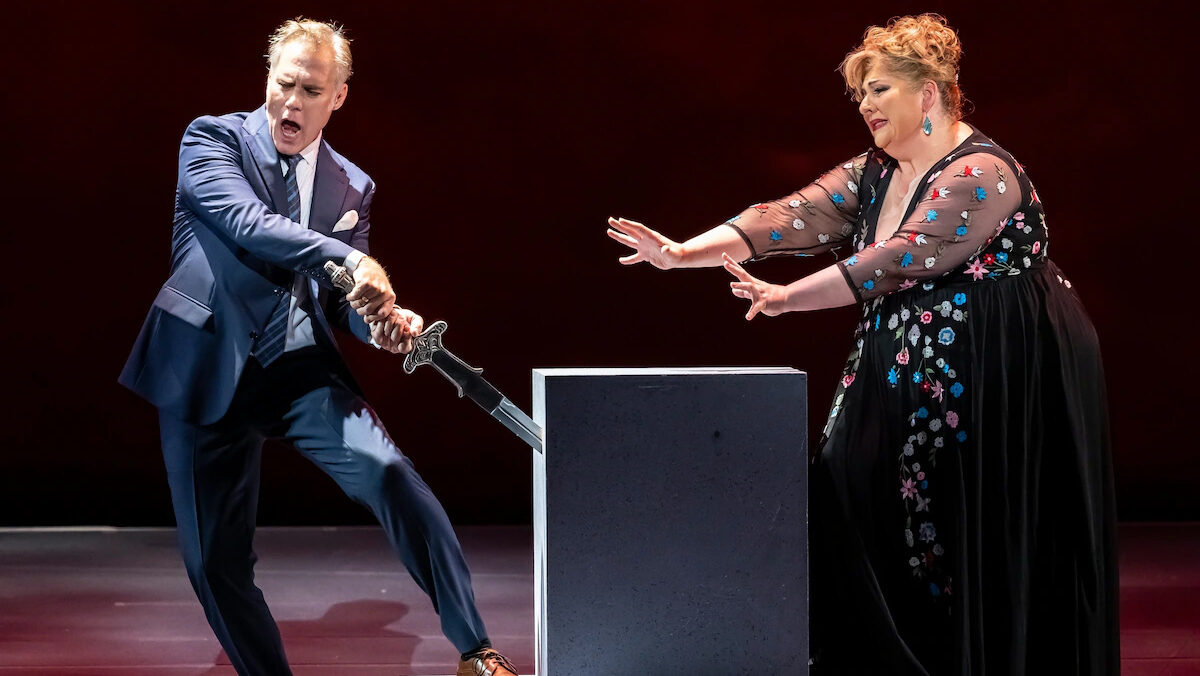
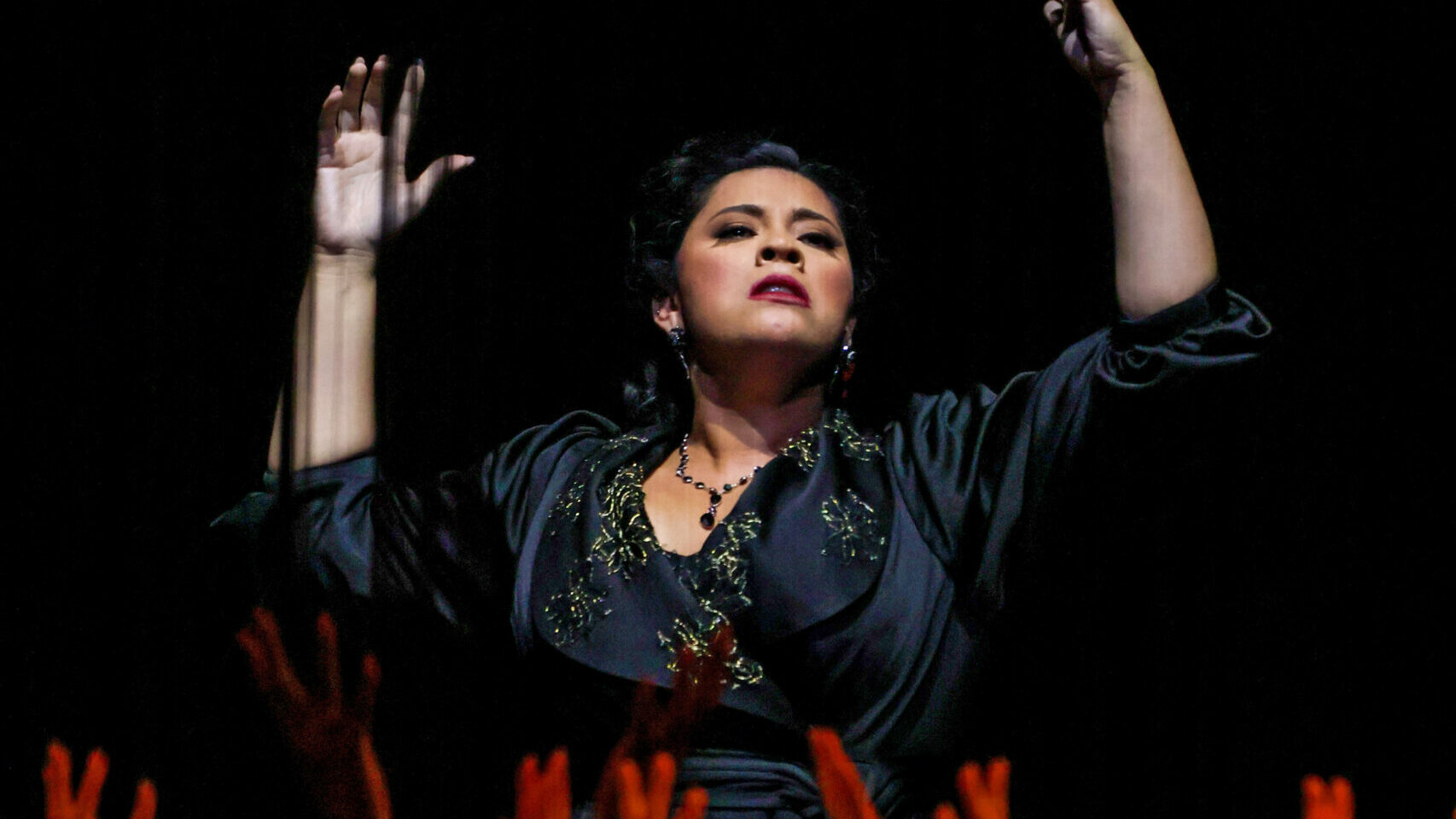
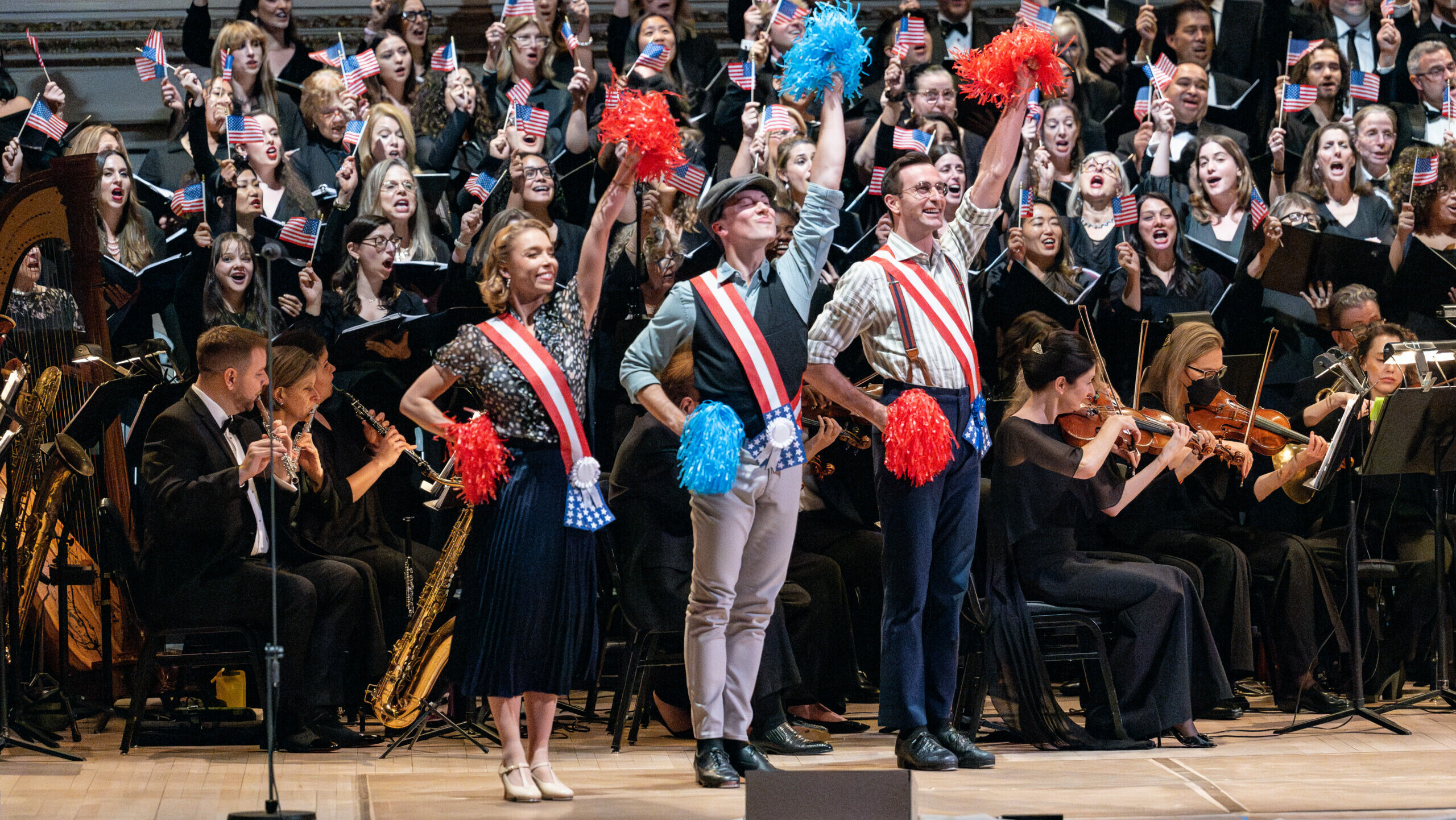
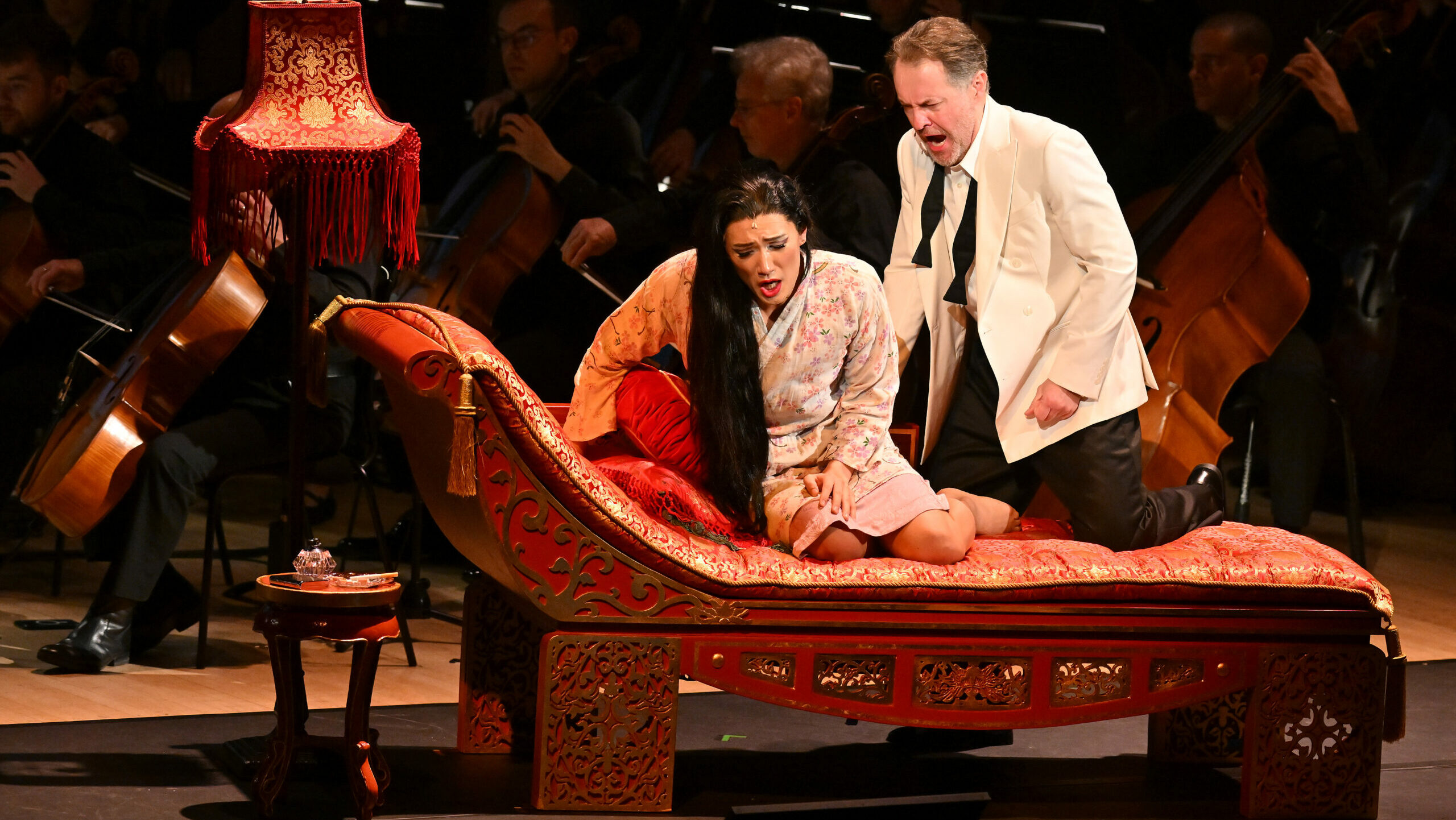







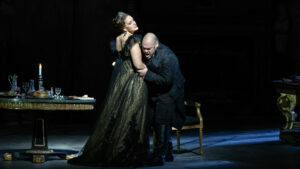
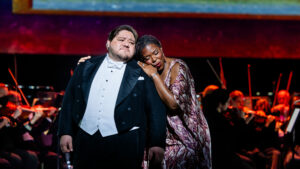




Comments